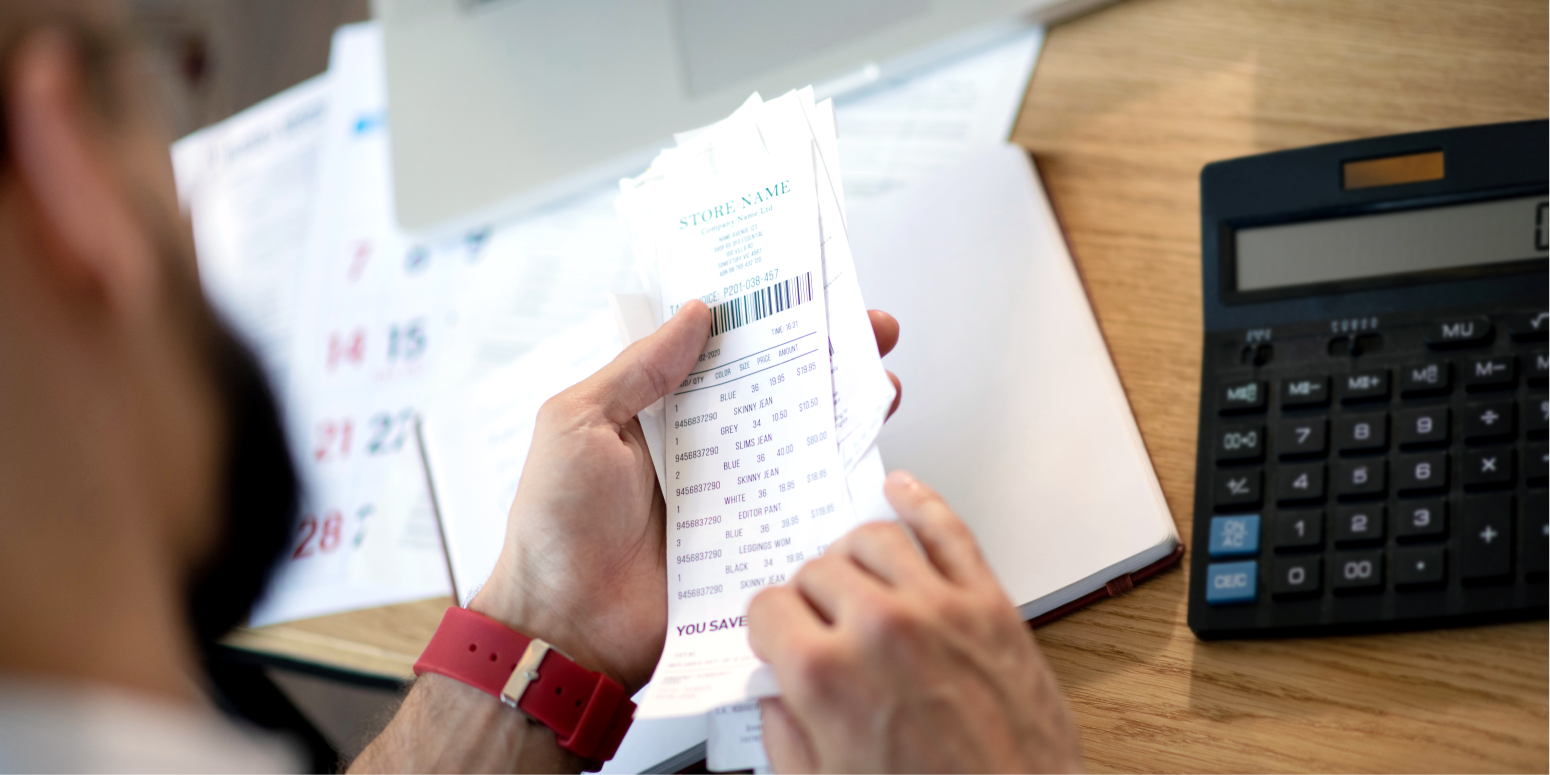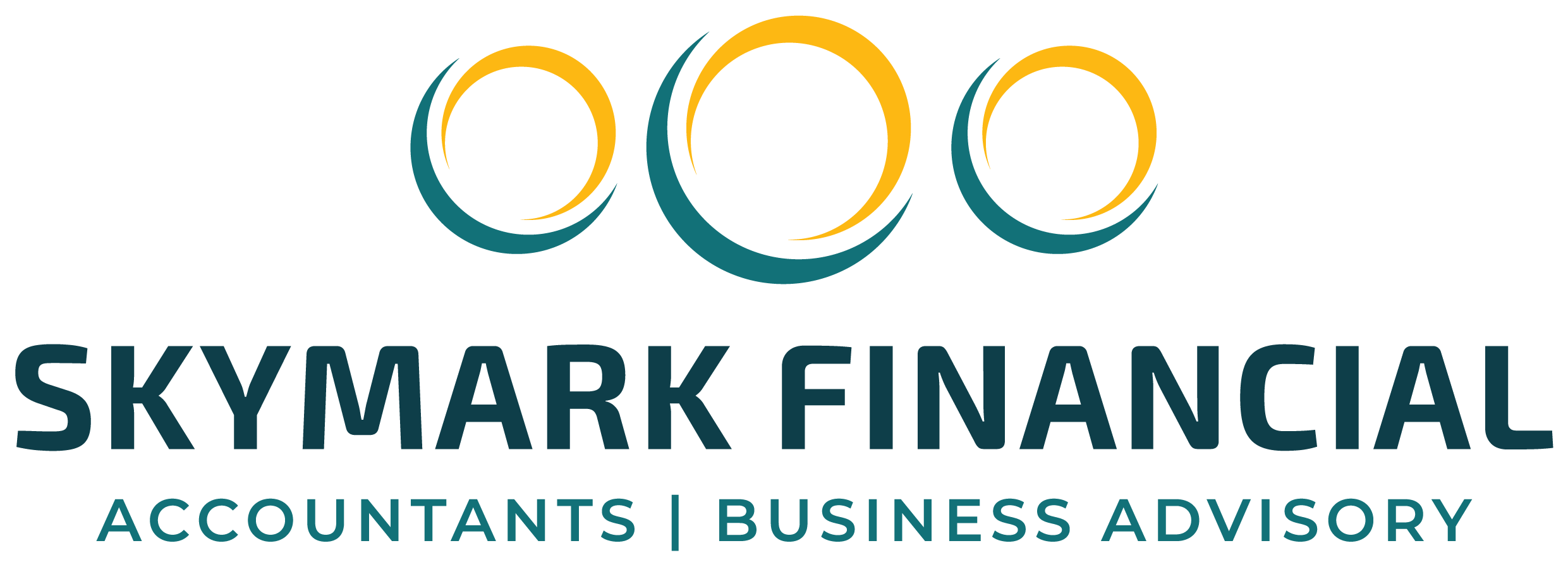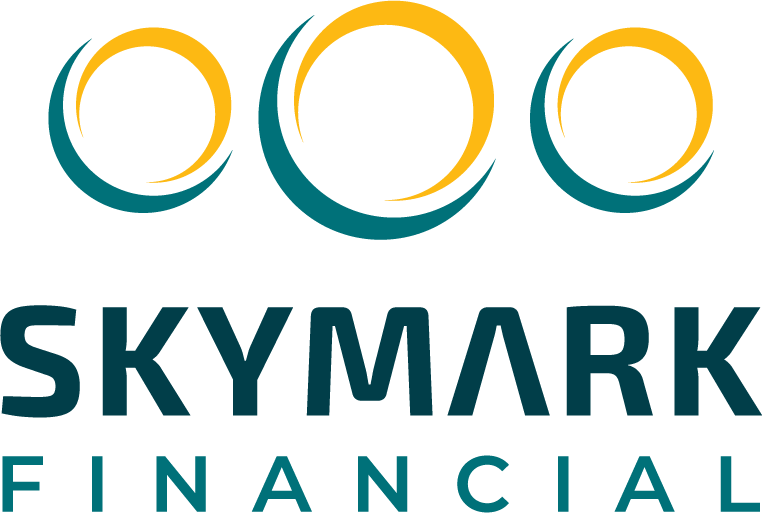
Which expense receipts do you need to keep?
Which expense receipts do you need to keep?
Dealing with financial paperwork might not be the most exciting part of running your own business, but it’s something you can’t afford to neglect. If you’re not sure which receipts you need to keep and how long you should keep them for, here’s a quick reminder of the rules around record keeping and business expenses.
What is a business expense?
An expense is a type of business cost. The word ‘expenses’ is used to describe several different types of cost, but usually indicates that the cost can be reimbursed in some way.
Do you have to keep receipts for your business expenses?
If you’re self-employed, then HMRC requires you to keep hold of your business’s receipts as part of your business records, although you don’t have to include the receipts themselves when you file your tax return.
You’ll need to keep the receipt for anything you expect to reclaim as an ‘allowable expense’ (see below) when filing your tax return. If you prefer, you can just keep a digital copy of the receipt to save you rummaging through your paperwork later – although make sure you capture all of the key information on the receipt when scanning it.
You should also keep records for any capital assets you have purchased, for as long as you have the asset and for at least six years after you sell it.
Keeping these records is not only a requirement from HMRC, but will help you fill in your tax return accurately and will be vital if you ever need to show your accounts to a tax inspector. If you’re unsure about what records you should be keeping for your business, your accountant should be able to help.
Which business expenses should you keep receipts for?
If you’re a sole trader or partner in a partnership, you can deduct ‘allowable’ expenses from your business income when working out how much taxable profit your business made during an accounting period (such as a tax year or your business’s accounting year).
An allowable expense is any expense that HMRC allows you to deduct when working out your taxable profit. You should keep the receipt for anything you’re planning to claim back as an allowable expense.
Allowable expenses include a variety of business-related costs that may be incurred over the course of an accounting period. These include:
-
certain office costs (including premises costs, such as heating)
-
certain travel costs (if the journey was primarily for business)
-
certain staff costs (such as salaries or subcontractor costs – but note that this does not include anything you take out as a self-employed individual)
-
certain clothing expenses (such as uniforms)
-
certain financial costs (such as business insurance)
HMRC provides a full list of allowable expenses for the self-employed on its website.
How long should you keep your receipts?
HMRC requires you to keep financial records for your business for at least five years after the 31st January submission deadline of the relevant tax year. While you don’t have to include your receipts with the tax return that you submit to HMRC, you must hold on to the receipt (or a digital copy) for at least five years in case of a tax inspection.
Capture and record your receipts the easy way
Whether it’s a regular business payment or you’re just grabbing a coffee on the go, FreeAgent can help you track all the costs you incur while running your small business.
You can track bank payments and out-of-pocket expenses, so there’s no reason to forget to record an expense again. You can even snap photos of receipts on the FreeAgent mobile app and the key info will be automatically extracted.
A great article curtesy of FreeAgent, originally published at: https://www.freeagent.com/blog/expense-receipts-what-to-save/


